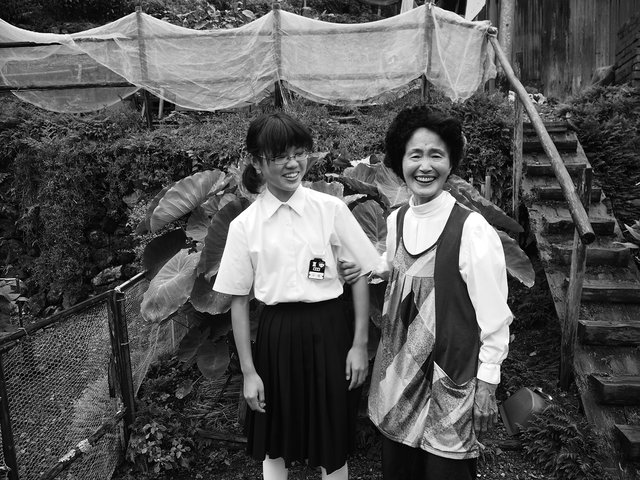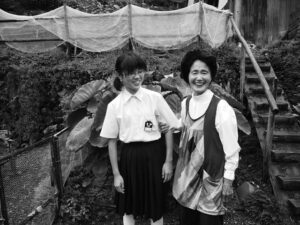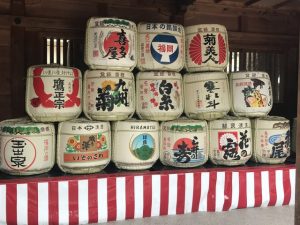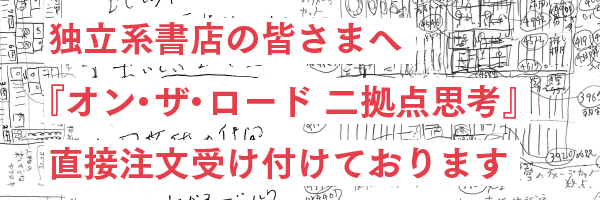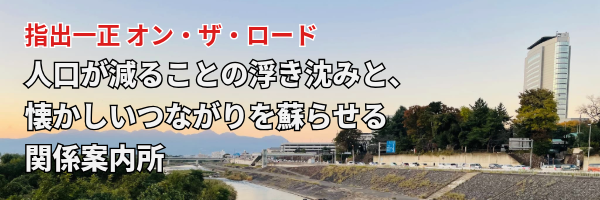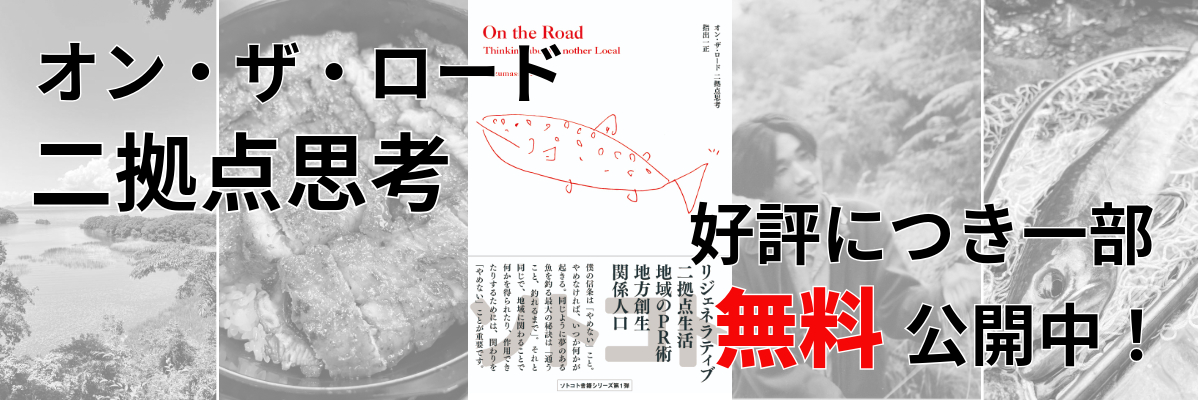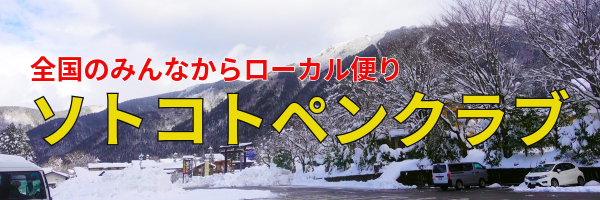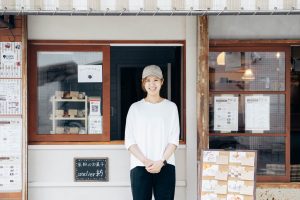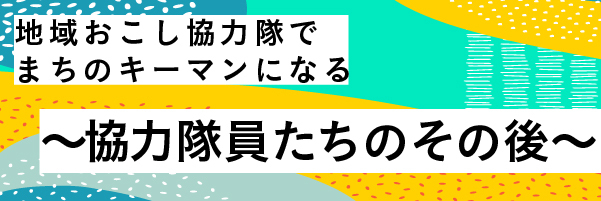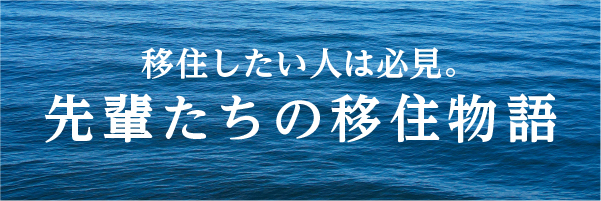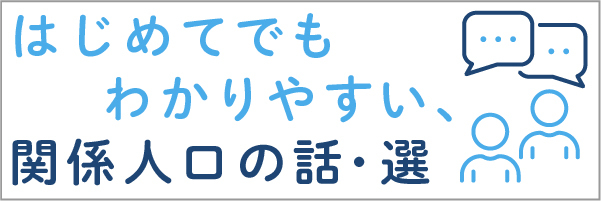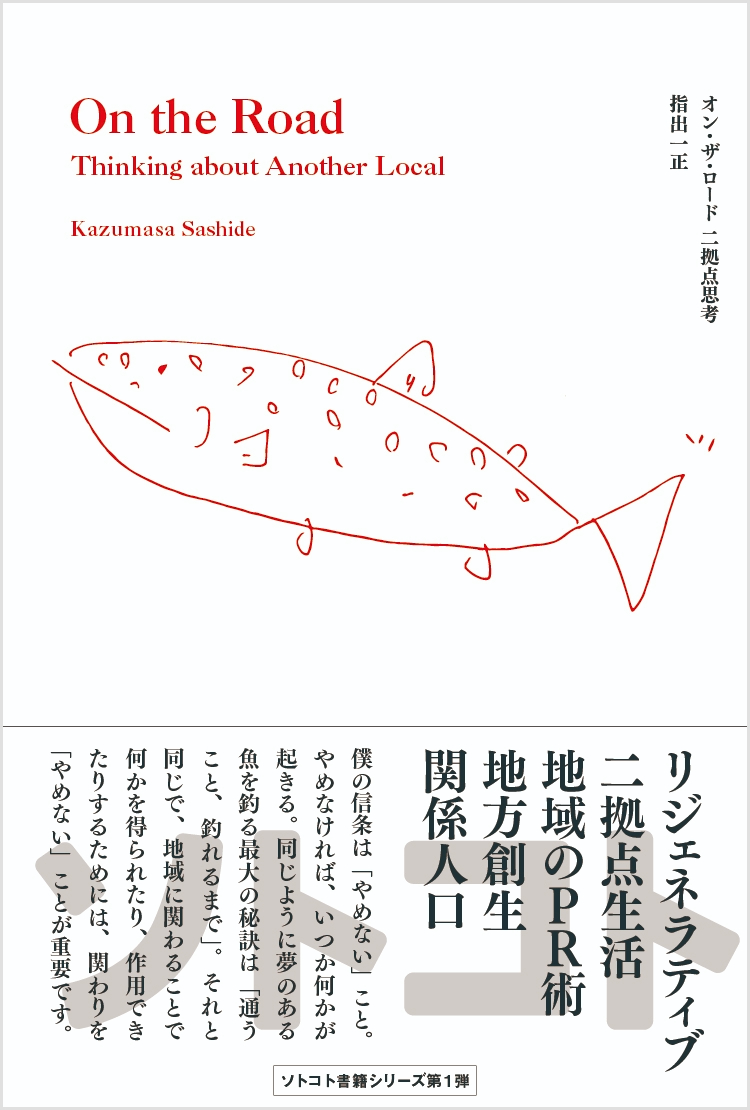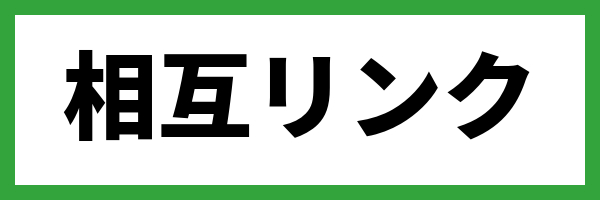川上村の人は河童のことを「河太郎」と呼ぶ。村民は河太郎の神様のために初生りきゅうりを川に流す。川釣りに行く前に、人はきゅうりを食べないようにしている。河太郎がそのきゅうりの匂いに寄ってくると、魚が逃げるから。こんな話を聞いたら、日常生活と民話の境界線が見えなくなり、いつもの景色に新たな色彩が生まれる。
昔から川上村の枌尾地区で伝わっている話がある。中枌という人が中奥川で馬を洗っていた時、突然、河太郎が馬の尻子玉を取りに来た。生き物の魂が入っているという尻子玉が取られ、馬が気力と精神力を失ったので、中枌さんは河太郎にこう交渉した。馬を助けてくれたら、中枌さんはもうきゅうりを作らない。中枌家は何代かその約束を守ったが、一度きゅうりを作ってみたら事故が起こったり、人が病気になったりするような不運な出来事があった。
この話は中枌家で代々伝わってきた。この家に生まれ育った平尾征代さん(76歳)は小学校1年生の時に、きゅうりを作れないという話を初めて聞いた。現在、平尾さんは玉ねぎ、ジャガイモ、黒豆、小芋などを作っているが、「きゅうりは一切作っていません」とはっきり言う。「近所のげんにい(9月号にも登場)が作ってくれますが、収穫の手伝いも後片付けも一切やりません。葉っぱ一枚も触りません。身内に何かがあったらいかんから」。
平尾さんの家が昔からきゅうりを作れないという話は、村内でよく知られている。そのおかげで、近所のみなさんは平尾さんに毎年きゅうりをたくさん届ける。「多いです! 今年もげんにいに100本もいただいたんです」。地元の人にとっては当たり前かもしれないが、こんな行動に村民さんの温かさと思いやりが表れていると僕は思う。
前の世代から伝えられたとおり、平尾さんはきゅうりの話を次の世代にも伝えている。中学校2年生の平尾さんの孫は町の学校より川上中学校に行きたくて、1年前からおばあちゃんの平尾さんと一緒に仲良く暮らしている。野菜を収穫して運んだりするお孫さんは畑の作業を一生懸命手伝っている。ほかの孫も来て、3人で外で働く。夏だからこそ、みなさんにいただいたきゅうりが特においしい。さまざまなきゅうりの料理をしているが、平尾さんは最も簡単な食べ方が好きだ。「洗っただけで、生でがぶがぶ食べる、それが一番おいしいです。孫も私を真似して、そのままで食べます」。もしかして河太郎も同じ食べ方が好きかもしれない。
Vol.4 The House That Doesn’t Grow Cucumbers
The people of Kawakami Village refer to kappa as gataro. Residents send their first cucumbers of the season down the river to the gataro gods. People avoid eating cucumbers before river fishing. If a gataro catches the scent of a cucumber, it will come and scare the fish away. When I hear stories like this, the line between daily life and folklore disappears, and new colors emerge in the everyday world.
There is a story from a long time ago in the Sogio district of Kawakami Village. A person named Nakasogi was washing his horse in the Nakaoku River when suddenly, a gataro took the horse’s shirikodama (it is said that a creature”s soul is inside its shirikodama). When the horse’s shirikodama were taken, it lost its spirit and vitality, so Nakasogi negotiated with the gataro. If the gataro would save the horse, Nakasogi promised to never grow cucumbers again. The Nakasogi house kept that promise for many generations, but when they tried growing cucumbers again, they found that accidents, sickness, and other incidents of bad luck would occur.
This story has been told from generation to generation in the Nakasogi household. Born and raised in this house, Ikuyo Hirao (76) remembers first hearing about not being able to grow cucumbers when she was a first grader in elementary school. These days, she grows onions, potatoes, black beans, taro, etc., but, “I never grow cucumbers,” she said very clearly. “Even if my neighbor, Gen-ni (from the september issue) grows them, I never help with the harvesting or clean up work. I won’t even touch a leaf. I don’t want anything bad to happen to anyone in my family.”
It is well known in our village that Ms. Hirao’s house can’t grow cucumbers. Thanks to that, neighbors bring her many cucumbers every year. “So many! Gen-ni gave me a hundred cucumbers this year, again.” It may be normal for the locals, but I feel that that this kind of gesture shows the warmth and compassion that many people in this village have to give.
Just as she was told by the previous generation, Ms. Hirao is telling the next generation the story about cucumbers. Her grandchild, a second year junior high school student, wanted to go to Kawakami Junior High School instead of the school in town, and has been enjoying living with Ms. Hirao for the last year. Harvesting and carrying vegetables, her grandchild works very hard while helping with garden work. Another grandchild comes, and the three of them work outside. Since it is summer, the cucumbers they received from everyone are especially delicious. Though she is tried a lot of different cucumber recipes, Ms. Hirao prefers the simplest way of eating them. “Just wash them and munch on them raw, that’s how they’re most delicious. My grandchildren imitate me, and eat them just like that.” Perhaps a gataro would enjoy eating them the same way.




